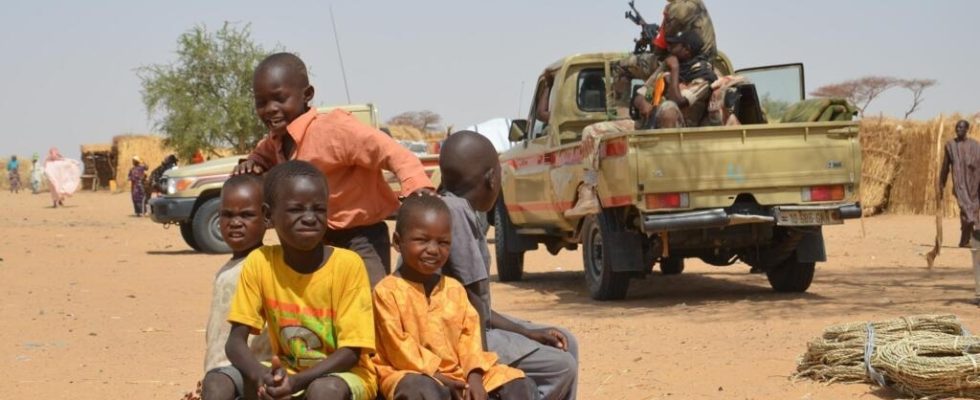The military junta announced on Thursday evening the suspension of all activities of international organizations, NGOs and UN agencies in the military “zones of operations”. An announcement that has not been specified and which raises questions and concerns in the humanitarian sector.
2 mins
No more activity or travel… International organizations, United Nations, and allNGO, including Nigeriens, are concerned. The official press release justifies this decision by “ the current security situation ” And “ the current operational commitment of the Nigerien armed forces “. But it does not specify the areas concerned.
The United Nations said on Friday that it was ” making contact with the de facto authorities in Niger » For ” better understand » what this means and what are the implications for humanitarian work. Several sources linked to humanitarian networks in Niger explain that they have not received further details.
The IOM has called for the establishment of a humanitarian corridor to relieve the transit centers set up in Niger, where thousands of migrants are stuck. ” At the moment we do not have the possibility to organize charter flights and therefore people will stay there for weeks or even months. IOM Regional Director Christopher Gascon said during the press briefing in Geneva.
Read alsoCoup d’état in Niger: “The negotiation with ECOWAS should not be eternal”
At the beginning of the week, the UN coordination of humanitarian affairs (Ocha) invited its partners to ” suspend its field operations in the areas of Banibangou, Sanam, Anzourou and Bankilaré, all located in the Tillabéri region, an area regularly hit by jihadist attacks and where the Nigerien army conducts operations.
Thus, the suspension decided by the new authorities in place raises new concerns because it comes on top of the closure of the borders by certain neighbors of Niger who are members of ECOWAS, which is already weighing on the supply of humanitarian organizations.
According to the ICRC, 4.4 million people need humanitarian aid in the country, or 18% of the population.
